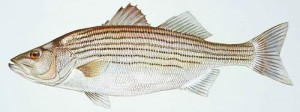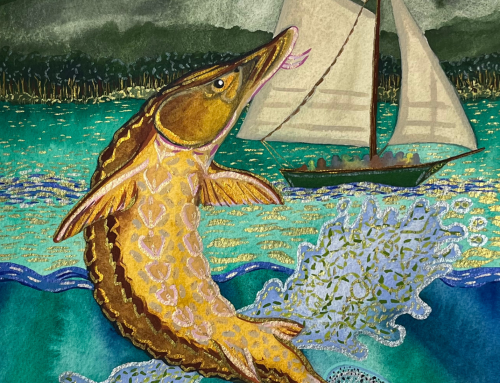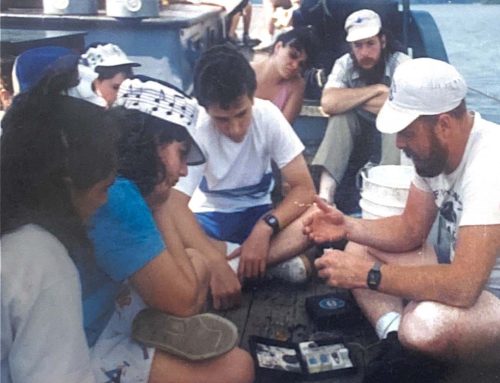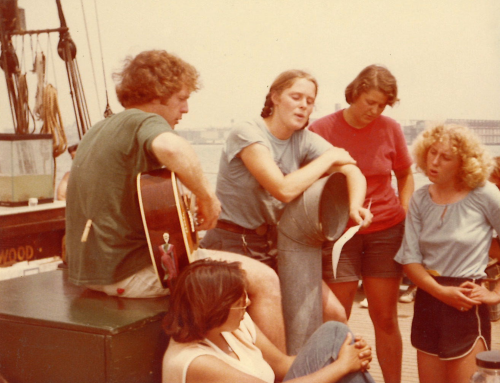A new federal agency report says the PCBs discharged into the Hudson River by General Electric for decades continue to “severely curtail” public fishing.
The Fisheries Consumption Report by the Hudson River Natural Resources Trustees is part of an  ongoing investigation by the state and the federal departments of commerce and the interior into the extent of injuries inflicted on natural resources by pollution from G.E. plants in Hudson Falls and Ft. Edward from the 1940s to 1970s. Earlier reports focused on damages to waterfowl and surface water resources.
ongoing investigation by the state and the federal departments of commerce and the interior into the extent of injuries inflicted on natural resources by pollution from G.E. plants in Hudson Falls and Ft. Edward from the 1940s to 1970s. Earlier reports focused on damages to waterfowl and surface water resources.
Forty years ago, state officials closed recreational and commercial fisheries along the Hudson and began issuing advisories about eating fish taken from the river. Today, the public is still advised not to eat any fish from a 40-mile stretch of the river from Fort Edward to Troy because of PCB pollution, and there are strict limits on eating fish from a 200-miles stretch that extends down to New York Harbor.
Clearwater is part of a coalition of environmental groups, community organizations and individuals – the Campaign for a Cleaner Hudson – that is putting public pressure on G.E. to agree to discuss continued dredging of PCB-contaminated sediment even after it completes six years’ work at Superfund sites this year.
A total of 62 municipalities, groups and organizations has adopted a resolution calling on G.E. to “finish the job,” so the river and its fish can more rapidly return to full health.





